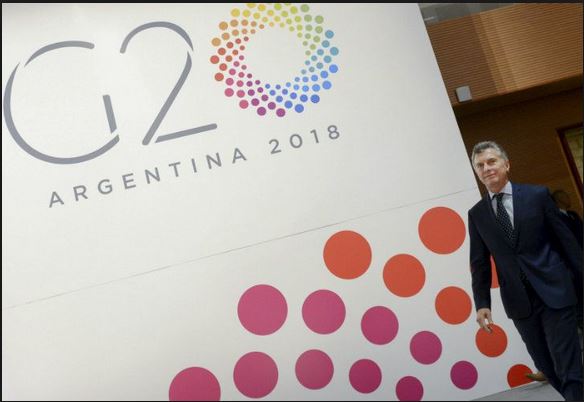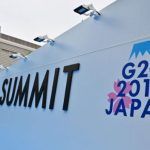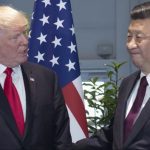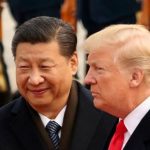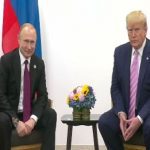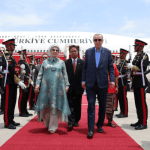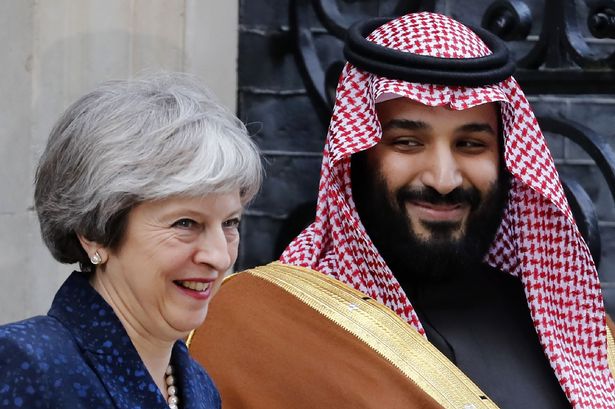A summit of the world’s top economies will open on Friday with leaders struggling over fallout from a U.S.-China trade war that has roiled global markets and bracing for the kind of divisive geopolitical drama that President Donald Trump often brings to the international stage.
The two-day annual gathering will be a major test for the Group of 20 industrialized nations, whose leaders first met in 2008 to help rescue the global economy from the worst financial crisis in seven decades, but which now faces questions over its relevance to deal with the latest round of crises.
Overhanging the summit in Buenos Aires, the Argentine capital, is a bitter trade dispute between the United States and China, the world’s two largest economies, which have imposed tariffs on hundreds of billions of dollars of each other’s imports.
All eyes will be on a planned meeting between Trump and Chinese President Xi Jinping on Saturday to see whether they can find a way to calm the waters and make progress towards resolving differences that threaten the global economy.
On the eve of the summit, G20 member nations were still racing to reach agreement on major issues including trade, migration and climate change that in past years have been worked out well in advance. Those divisions have highlighted the fractures in the grouping.
In fact, Trump’s scepticism that global warming is caused by human activity has even raised questions about whether the countries will be able to reach enough consensus on the issue to include it in the summit’s final communique.

